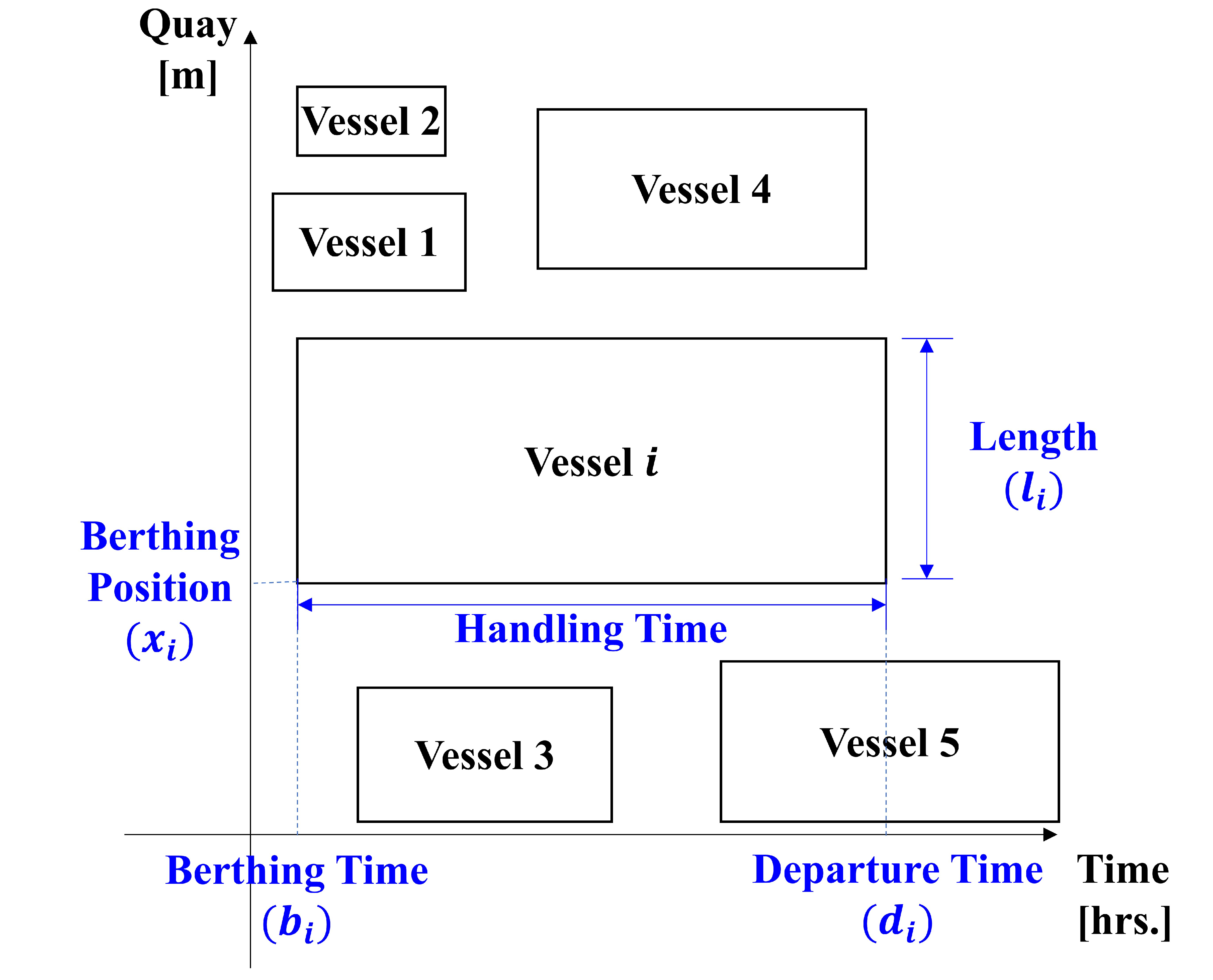 Introduction to Berth Planning
Introduction to Berth Planning
Berth Planning is a critical logistical process in port management, involving the allocation of berths (dock spaces) to vessels for loading and unloading cargo. Effective berth planning ensures optimal use of port infrastructure, minimizes vessel turnaround time, and significantly enhances port operations efficiency. This process requires careful coordination and is pivotal for maintaining smooth operations in container logistics. To provide comprehensive solutions, all aspects of the planning and integration must be considered.
Key Components
Berth planning encompasses several key components, including berth scheduling techniques and managing vessel turnaround time. The goal is to schedule vessels in a manner that maximizes port resources and minimizes delays. This involves considering factors such as cargo type, vessel size, and estimated handling time. Effective scheduling is crucial for optimizing port throughput and reducing congestion, allowing for better decision making and user satisfaction from the services provided.
Technological Advancements
Recent technological advancements have transformed berth planning processes. Real-time berth allocation systems and automated scheduling software have enabled ports to respond dynamically to changes in shipping schedules and port conditions. These technologies can facilitate more accurate and efficient planning, improving overall port performance and reducing operational costs. The platform powered by these innovations enhances the ability to manage information effectively.
Challenges and Solutions
Berth planning faces several challenges, including managing port congestion and minimizing the environmental impact of port operations. Innovative solutions, such as predictive analytics for congestion management and eco-friendly operational practices, are being implemented to address these issues. Continuous improvement and adaptation of new technologies are key to overcoming these challenges, ensuring that ports remain competitive and efficient in their operations. With view on future developments, the business of berth planning is poised for significant growth.
